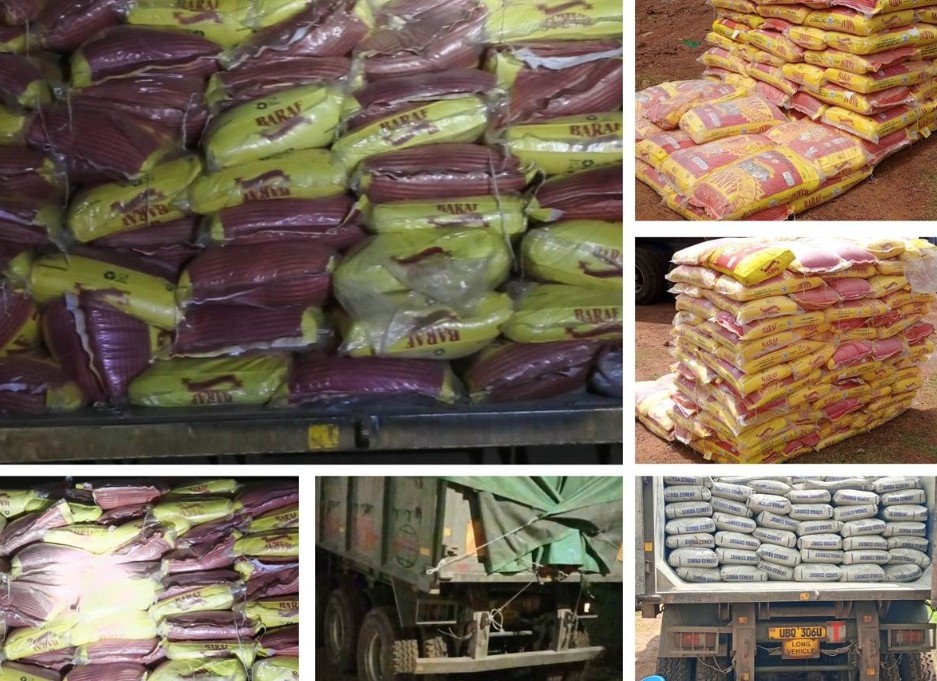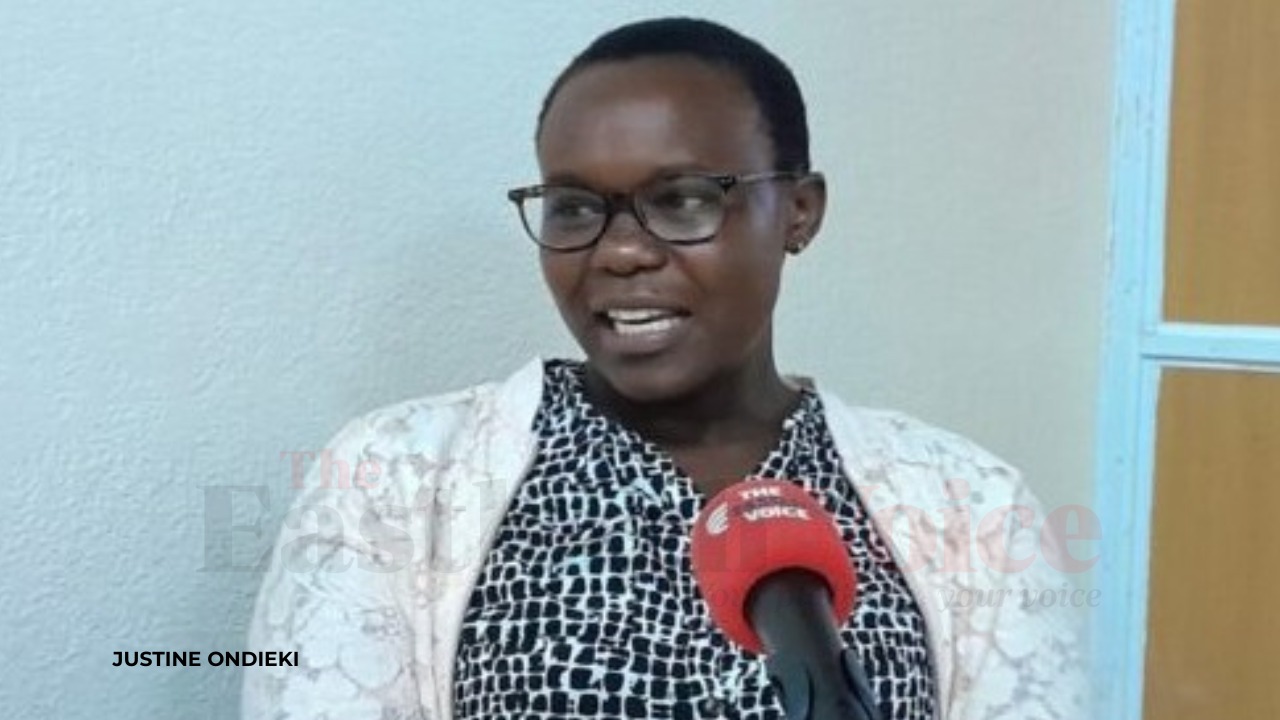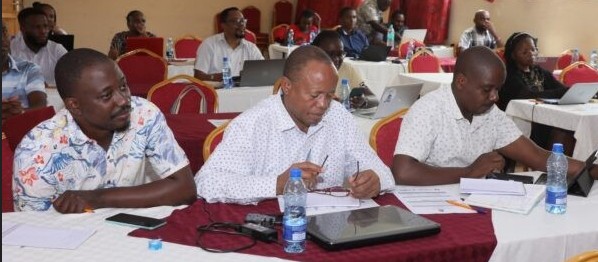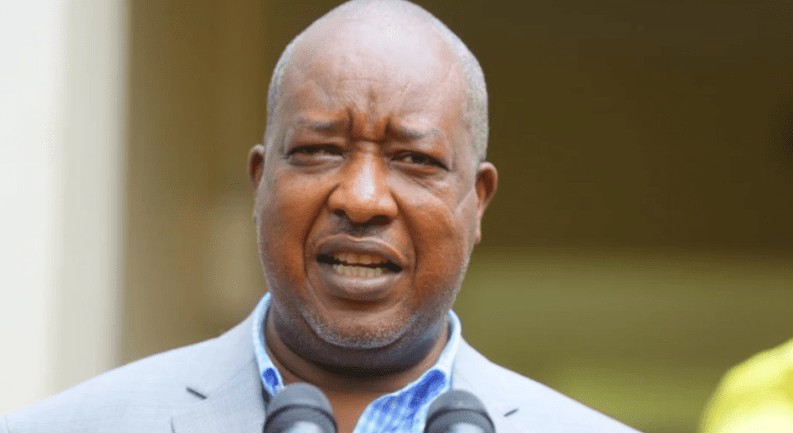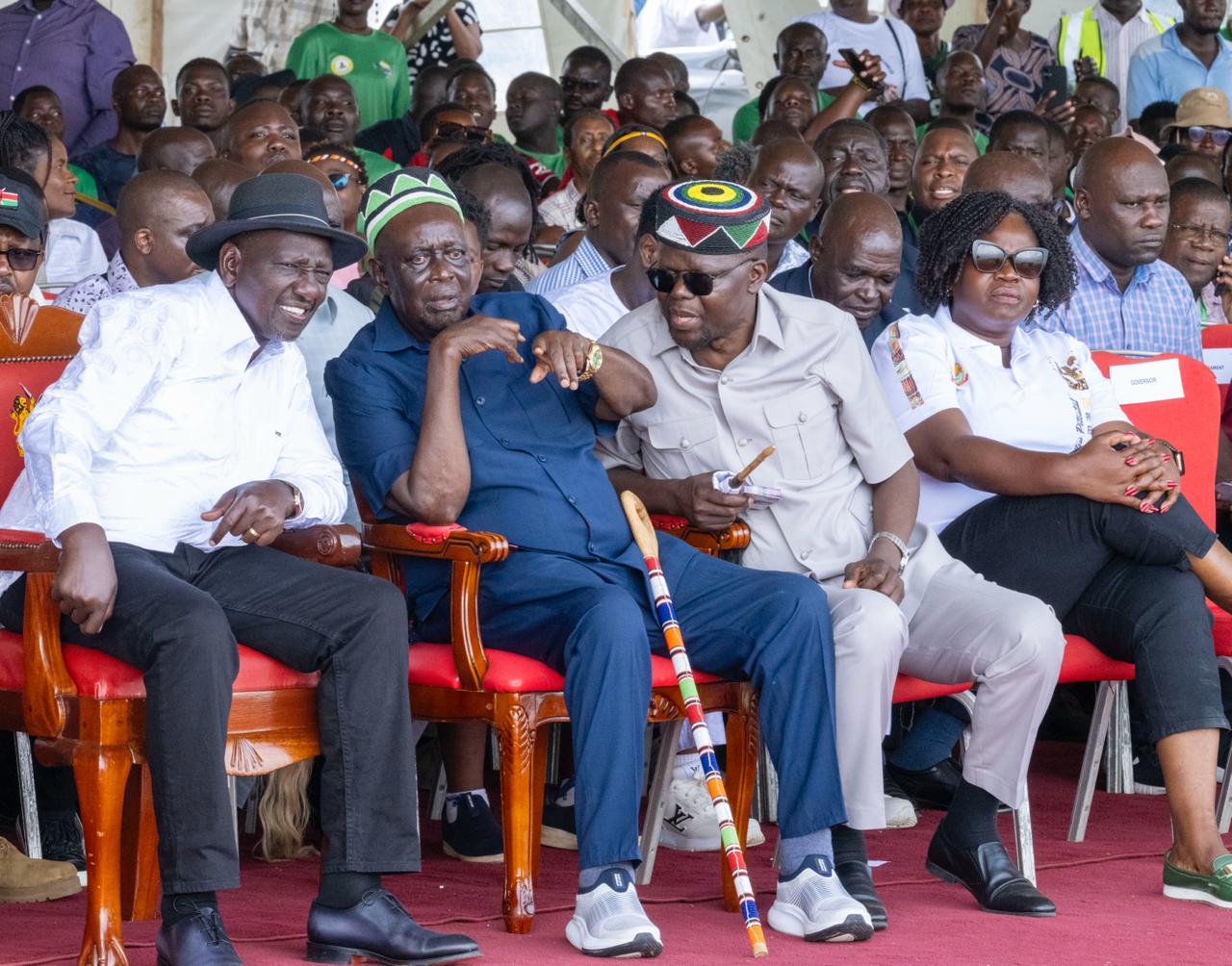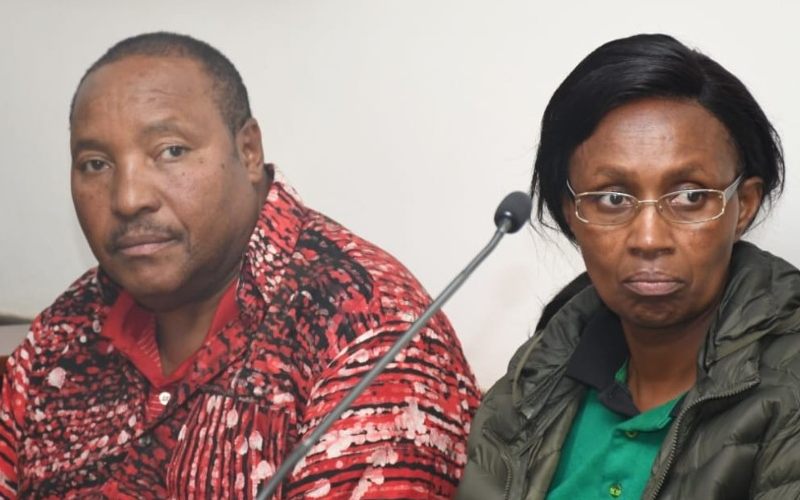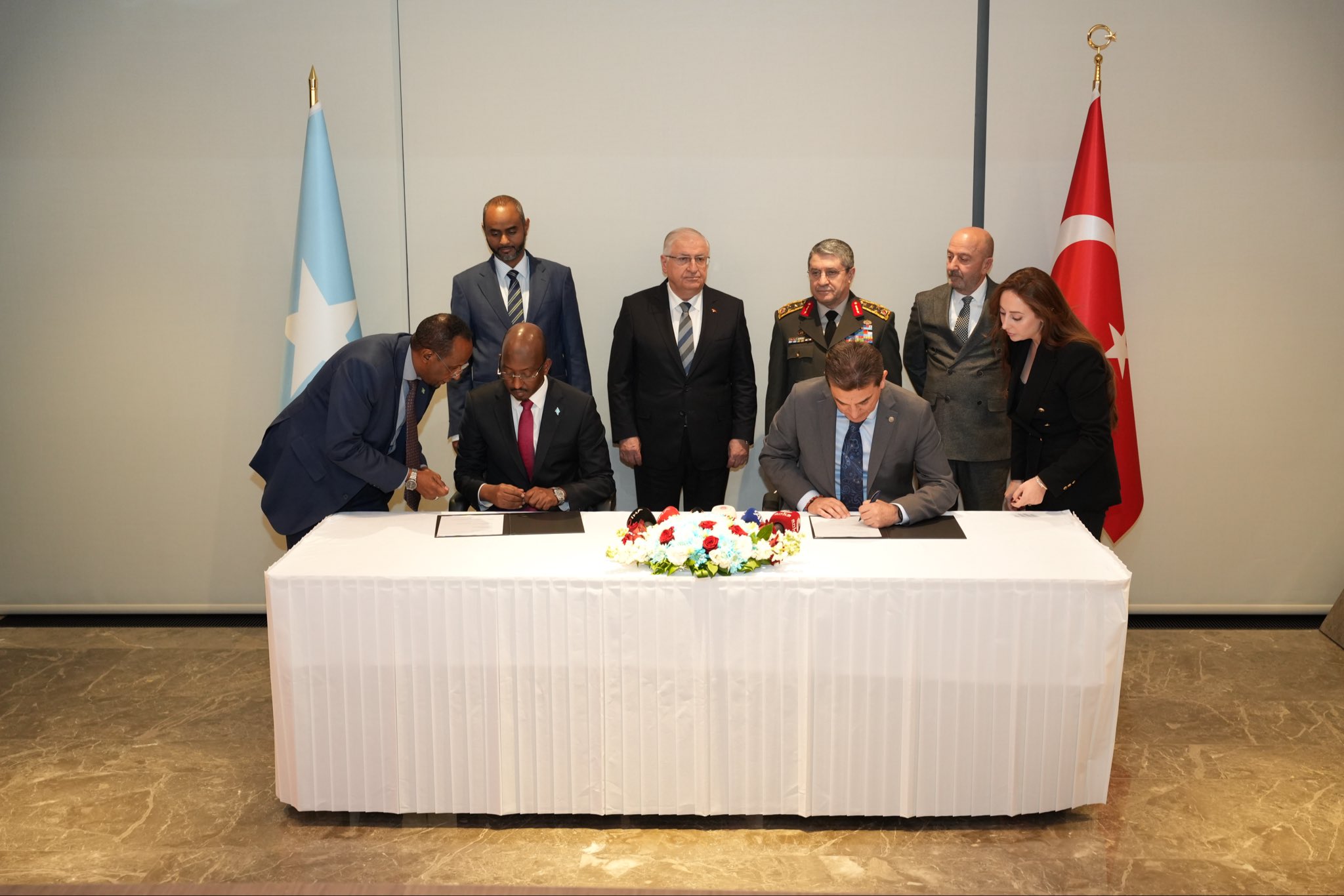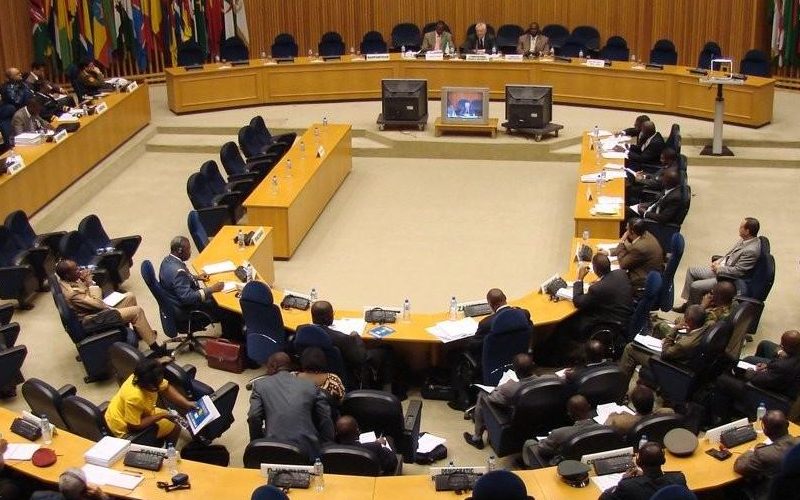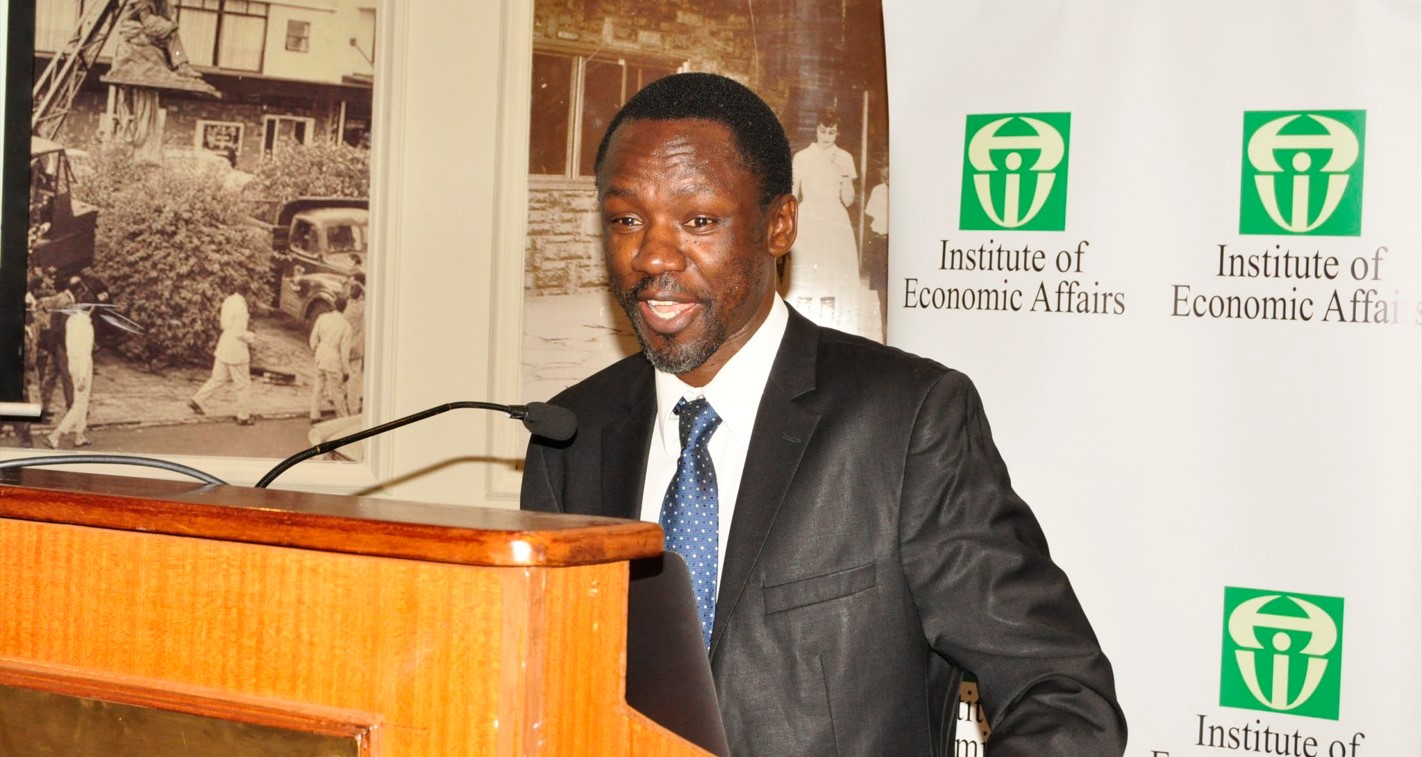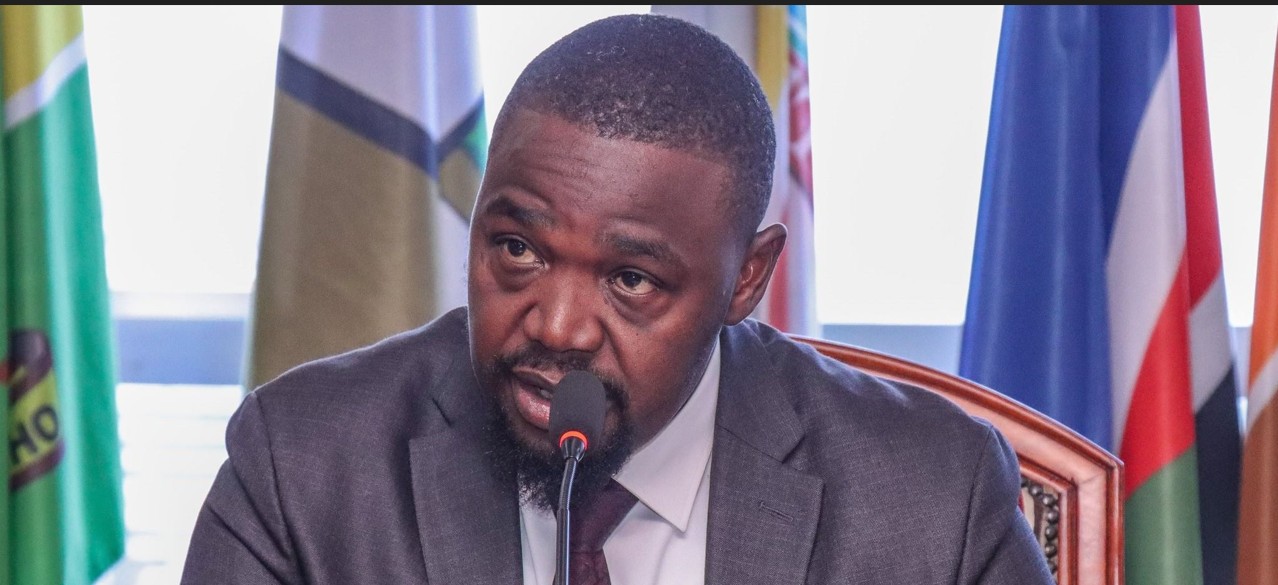Ethiopian-based Afar group holds meeting in Semera, escalates standoff with Eritrean government
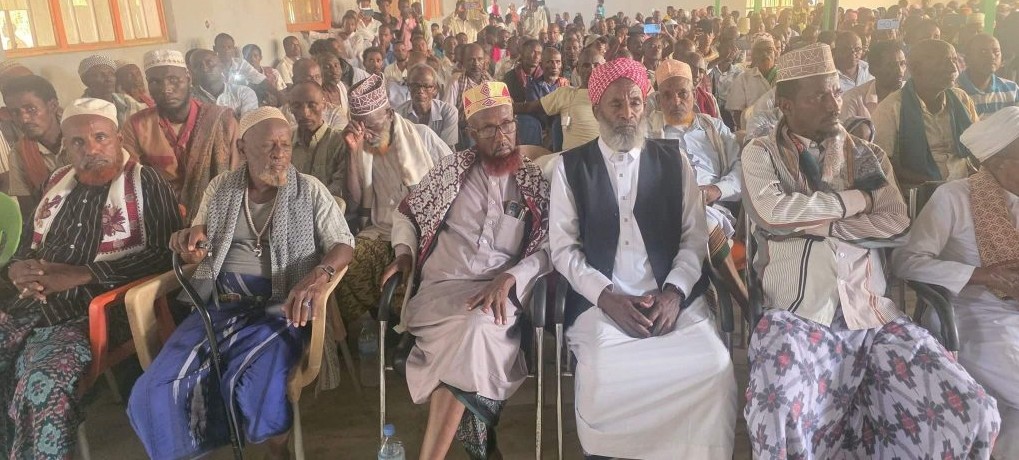
In a statement issued at the end of the conference, RSADO reaffirmed its commitment to continue what it called its “political and military struggle,” vowing to persevere with sacrifice until its objectives are achieved.
The Red Sea Afar Democratic Organisation (RSADO), an Ethiopia-based political and insurgent group opposing the Eritrean regime, held a public conference on 13 July in Semera-Logia city, the capital of Ethiopia’s Afar regional state.
In a statement issued at the end of the conference, RSADO reaffirmed its commitment to continue what it called its “political and military struggle,” vowing to persevere with sacrifice until its objectives are achieved.
More To Read
- UN urges Ethiopia and Eritrea to respect border pact amid rising tensions
- Djibouti confirms Eritrea’s formal exit from IGAD regional bloc
- IGAD regrets Eritrea’s ‘premature’ withdrawal from regional bloc
- Eritrea withdraws from IGAD for second time, citing ‘failure to meet aspirations of the region’
- Peace on paper, pain in reality: Tigray’s forgotten suffering, struggle for justice
- Ethiopia blasts Egypt for escalating hostile rhetoric and rejecting dialogue over Nile waters, GERD
“The Red Sea Afar People’s General Conference, organised by the Red Sea Afar Democratic Organisation, Youth Association, Women’s Association, and various civic associations, has successfully concluded,” RSADO, a political organisation and armed insurgent group based in Ethiopia, said.
In a six-point statement, the groups declared that their struggle would continue with determination until the Eritrean regime, led by the ruling People’s Front for Democracy and Justice (PFDJ), is dismantled and the Red Sea Afar people’s right to self-determination — including the option of secession — is fully guaranteed, among other demands.
“…[S]ince Eritrea’s independence, the ruling People’s Front for Democracy and Justice (PFDJ) regime has, from the outset, committed numerous injustices and atrocities against the Red Sea Afar people. In particular, it has violated the rights recognised under the African Union Charter, specifically those outlined in Articles 1 to 25, implementing ruthless oppression and injustice against the Red Sea Afar people,” the statement said.
Accusations and counter-accusations
The conference took place against a backdrop of escalating accusations and counter-accusations between Ethiopia and Eritrea. RSADO warned that these tensions risk turning the region into a battlefield and have already displaced Red Sea Afar communities from the border areas.
It is worth recalling that in October 2023, the Eritrean Afar National Congress (EANC)—another political group claiming to represent the indigenous Afar people of Eritrea’s northern coastal region—called on the Ethiopian government to recognise the territorial rights of the Eritrean Afar.
This call came shortly after Ethiopian Prime Minister Abiy Ahmed suggested that Ethiopia should explore ways to secure access to the Red Sea.
In the days that followed, neighbouring Eritrea and Djibouti issued strong responses, reigniting regional debate over Red Sea sovereignty.
Eritrea was the first to respond, categorically rejecting what it termed "any talk of excessive Ethiopian access" to its ports. A statement from Asmara reaffirmed that Eritrea’s "full territorial sovereignty and integrity" would not be compromised under any circumstances.
Djibouti also reasserted its sovereignty, acknowledging Ethiopia’s reliance on its main port but stressing its status as an independent nation.
These developments have placed renewed focus on the role of the Afar people, who inhabit the borderlands of Ethiopia, Eritrea, and Djibouti, and whose position remains central to the unfolding geopolitical dynamics in the region.
Top Stories Today

